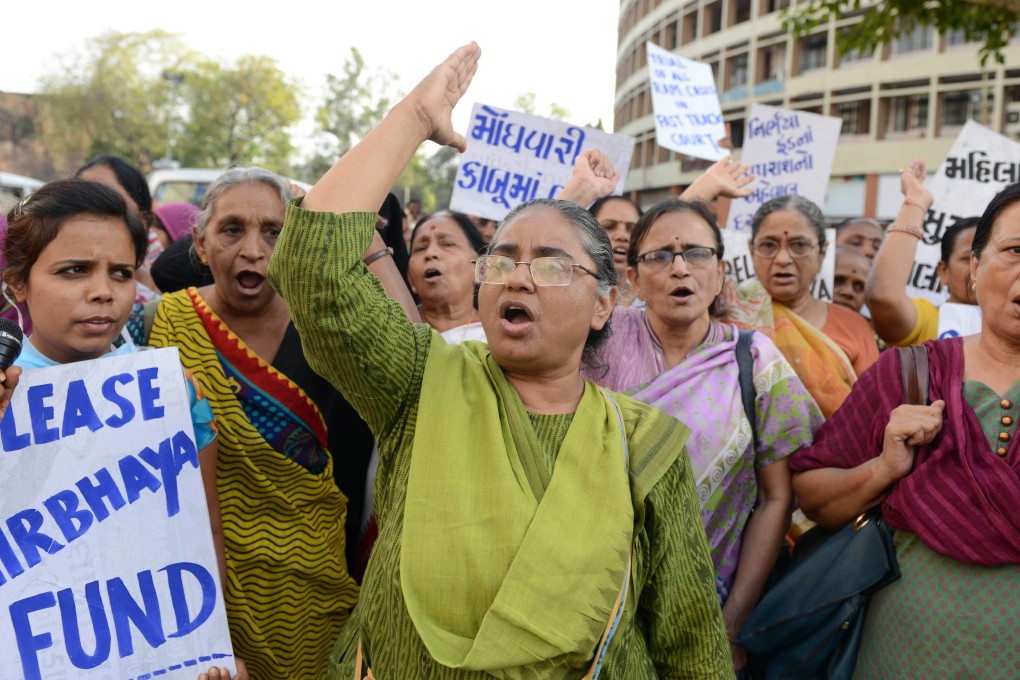For once, let bias favour women in patriarchal India
Priya Virmani says those who exploit women must be thoroughly shamed

The controversy surrounding the BBC documentary on the 2012 gang rape of a medical student aboard a moving bus in Delhi was raging on Indian television screens on Sunday. The date coincided with International Women's Day. And, just then, the breaking-news feed running across the bottom of the screens reported that a young woman had been gang-raped in a car in the northern Indian city of Ludhiana.
The history of gang rapes is repeating itself all too often in India. Yet Home Minister Rajnath Singh remains fiercely critical of the documentary India's Daughter, which shines an unflattering light on the connection between widespread misogyny and rape in India.
Singh, incidentally, has yet to see the documentary but, together with the political elite, is furious that the film is trying, in their opinion, to malign the image of India. Fury is often an easier and more sensationalist response than transformative action. Accordingly, the documentary has been banned in India.
In India's Daughter, filmmaker Leslee Udwin gives the spotlight to Mukesh Singh, one of the rapists on death row. Singh calmly and chillingly recounts the details of the rape. Showing no remorse, he narrates how the victim was bitten, brutally kicked, beaten and left to die.
Mukesh Singh's "casual" rape talk in the film is an exemplar of the unapologetic misogyny that is rampant in India. He says his victim was responsible for her rape because she was out at night. The two defence lawyers also ascribe the blame for rape to women who do not confirm to patriarchal codes.
Critics claim that India's Daughter is a lopsided film. It has a damning bias against the rapists and the defence lawyers, who normalise patriarchy and sexual violence in their interviews.